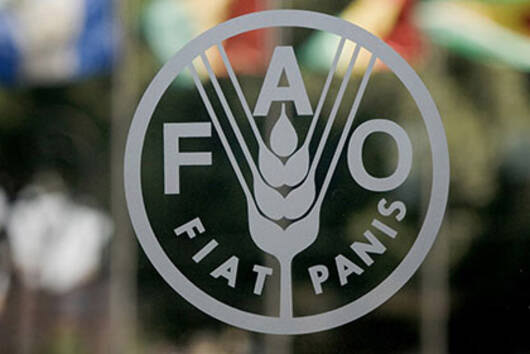During a virtual presentation of the annual State of Food and Agriculture report, the Director-General of the UN Food and Agriculture Agency, QU Dongyu, highlighted that “the pandemic has highlighted both resilience and vulnerability of our agri-food systems.”
The text details that the spread of the SARS-CoV-2 has become one of the main determinants of the latest increase in estimates of world hunger.
He enlightened that without proper preparation, unexpected shocks will continue to undermine agri-food systems.
In this sense, the specialized agency recommends that governments make resilience in agri-food systems a strategic part of their responses to current and future challenges.
FAO said that diversification, both from sources of input, such as production, markets and supply chains, as well as actors, is key, arguing that diversity creates multiple pathways to absorb shocks.
The text, which was reviewed by FAO, notes that supporting the creation of small and medium-sized agri-food companies, cooperatives, unions and groups helps maintain diversity in national agri-food value chains.
According to the report, Covid-19, among other factors, pushed up to 161 million people into food insecurity in 2020, compared to the previous year, which showed that between 720 and 811 million people suffered from the disease last year.
The text reiterated that around three billion people are deprived of a healthy diet to protect themselves from malnutrition, and warns that another billion are at a similar risk, if some disruption reduces their income by a third.
The FAO document acknowledges that even before the pandemic, the world was not on track to meet the shared commitment to end hunger and malnutrition in all its forms by 2030, but in this case the pandemic has pushed that goal away.
mh/pll/jha/smp










